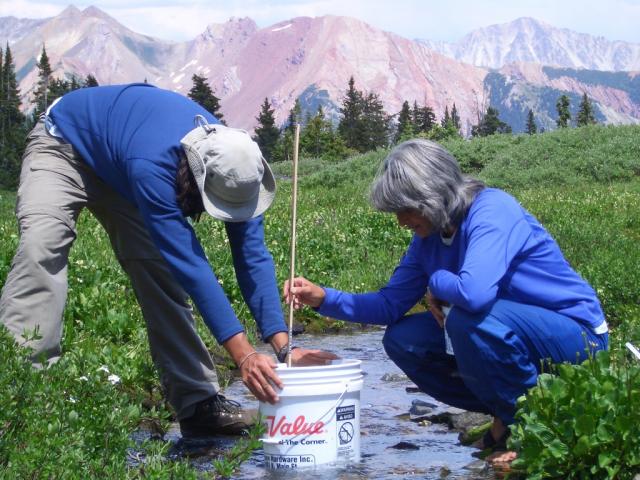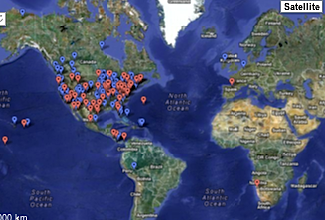What Are Field Stations?
Biological field stations provide living libraries and outdoor laboratories for students, researchers, and the general public interested in the environment. They vary greatly in form and purpose, and include both marine laboratories whose focus is offshore, as well as terrestrial reserves dedicated to protecting key ecosystems. Field stations vary in size from a few urban acres to thousands of acres spread across a remote landscape. Station facilities might range from trail networks to state-of-the-art laboratories. Whatever form individual field stations may take, they all share the same commitment to advancing our understanding of the Earth by supporting research, teaching, and public education. Research stations provide an invaluable service to local communities and the country by providing unbiased scientific information and facilities to help governmental and other stakeholders tackle critical environmental issues. Field station staff and researchers often play a critical role in ensuring that environmental considerations are factored into local and regional planning and development decisions.
Field stations depend upon the support and involvement of nearby communities. In return, many stations offer their communities a wealth of rewarding opportunities. Whether you're a student, a senior citizen, a parent with young children, or simply an adult who wants to know more about the natural world, you can experience the impact of field stations firsthand by taking a class, attending a public lecture, organizing a field trip for your child's school, or volunteering as an educational docent or research assistant. |


